Are True Sequels Dead? The Answer Is Complicated
Traditional storytelling is dead, and it’s kind of everyone’s fault.
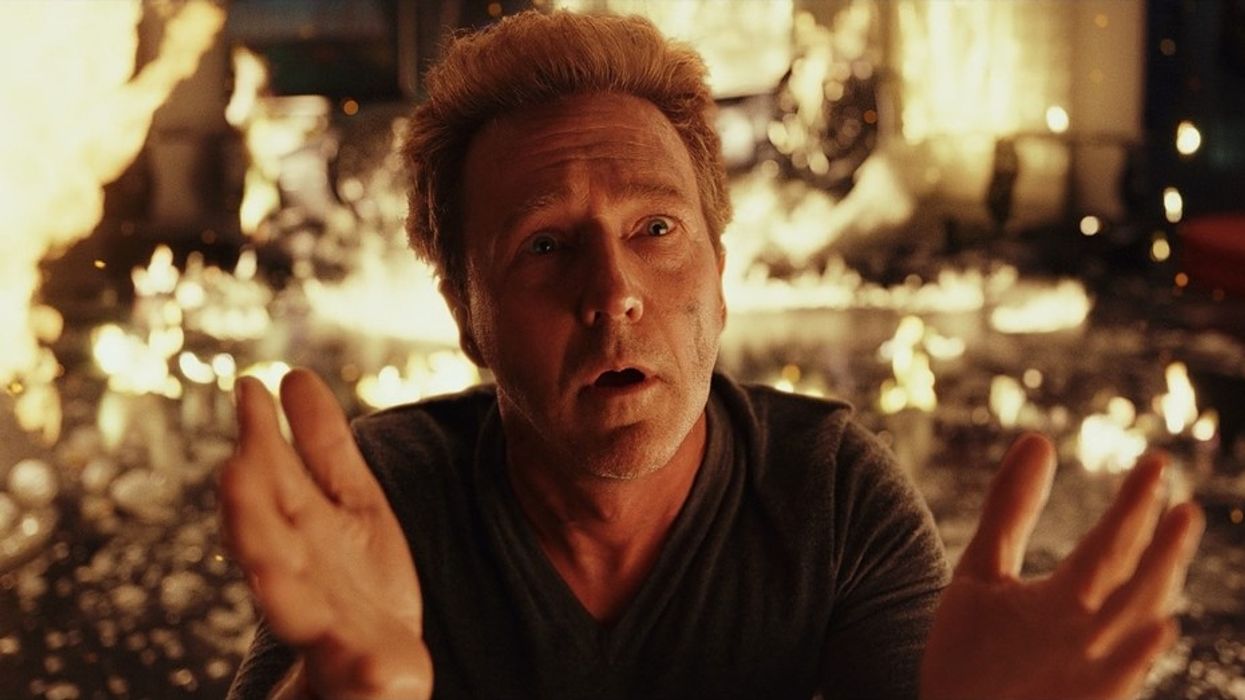
More specifically, traditional storytelling in which there is a clear beginning, middle, and end is a thing of the past. Studios want something familiar and neverending. They want the intellectual property, brand recognization, and an interconnecting universe with characters that audiences are already connected to. So, they leave the ending open to the possibility of a bigger story just beyond the horizon. What we watched was just the beginning of a much larger story.
That's right, we are talking about franchise sequels and the death of the true sequel.
This isn’t news to many of us. It’s why some of us are sick of superhero movies that dominate the modern landscape, it is why we rolled our eyes at the multiple Avatarmovies planned, and why we groan at the idea of another movie coming out from a franchise that neatly and nicely concluded it’s an original story. The problem is that we still go and watch these films, with many modern audiences only watching sequels in theaters. This tells studios that we only want these types of films.
This raises the question: Are true sequels dead?
Let’s find out.
What is a Franchise Sequel
Before we dive too deep into the subject, let me break down the differences between a true sequel and a franchise sequel.
A true sequel is a follow-up film that continues the story of the original movie, featuring the same characters, settings, and themes. A true sequel builds upon the events of the previous film and expands the universe established in the first movie.
True sequels are often made when the original movie was successful and popular with audiences. They can be made years or even decades after the original movie, and often involve bringing back the same cast and crew to maintain consistency with the original film. True sequels include Terminator 2: Judgment Day, Toy Story 2, and The Godfather: Part II.
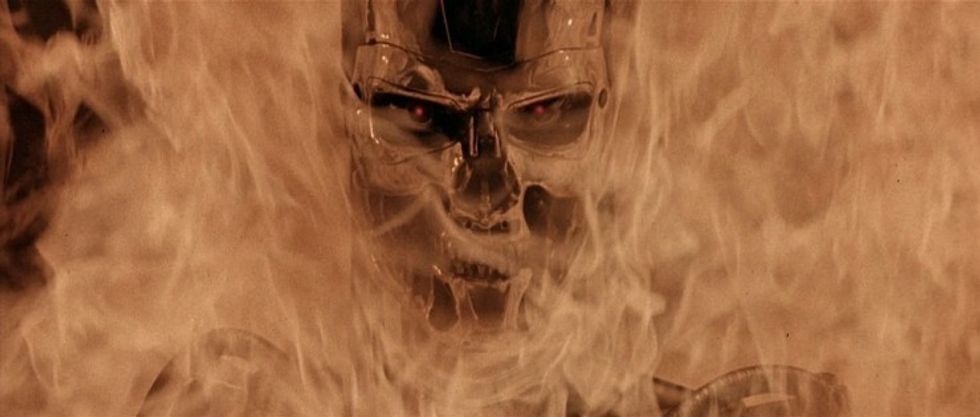
Franchise sequels are a popular way for creators to capitalize on the success of previous work and maintain audience interest in the franchise. They can also provide an opportunity for further character development and exploration of themes and ideas introduced in the original work. However, franchise sequels can also be criticized for being formulaic or lacking originality compared to the original work. Examples of franchise sequels includeDune: Part Two, The Empire Strikes Back, andThe Dark Knight trilogy.
In contrast to franchise sequels, which focus on expanding the brand and maintaining audience interest in a particular franchise, true movie sequels aim to continue and build upon a particular story and characters that were introduced in the original film. While there may be some formulaic elements or nods to the original work, a true movie sequel is typically more concerned with further developing the story and characters rather than just repeating what worked in the first movie.
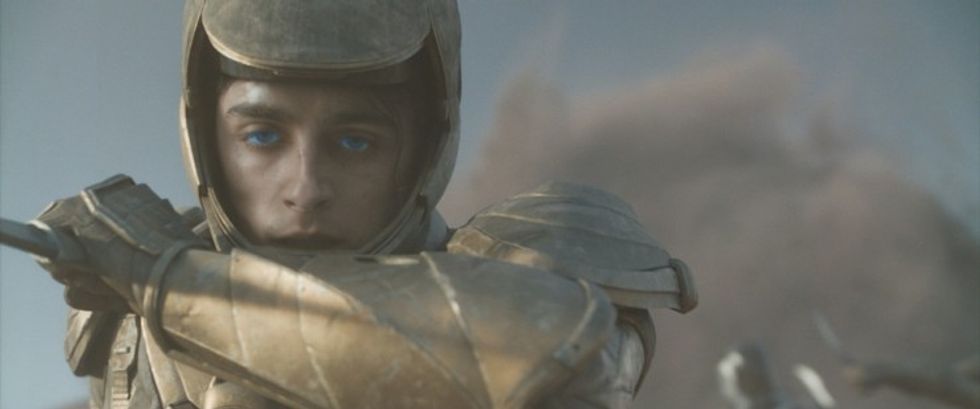
The Fall of the Sequel
Today’s industry seems to not want to make films that are not a part of something bigger. Brand awareness is not an added positive for most films anymore, it’s a necessity. While sequels have always been a thing, franchise sequels are a mindset that rose to popularity in the 80s, and saw its pique in the 2010s.
After the industry was driven away from auteur filmmaking in favor of leaning into commercially mined pieces of entertainment in the ‘80s, studios saw the power in franchise sequels with films like The Godfather: Part II, Rock II, Jaws 2, and Superman II. These films showed that sequels can be commercially successful due to audiences' familiarity with the film’s universe, and studios began to see sequels as a way to generate more revenue from successful franchises.
It wasn’t until the ‘90s and 2000s that the concept of a “franchise” film captured Hollywood’s attention. The success of multi-film series like Star Wars, Indiana Jones, Batman, and Jurassic Parkshowed that audiences are willing to pay to see legacy films. The emergence of home video and DVDs also made it easier for audiences to catch up on previous films in franchises, leading to an increased interest in sequels and spin-offs.
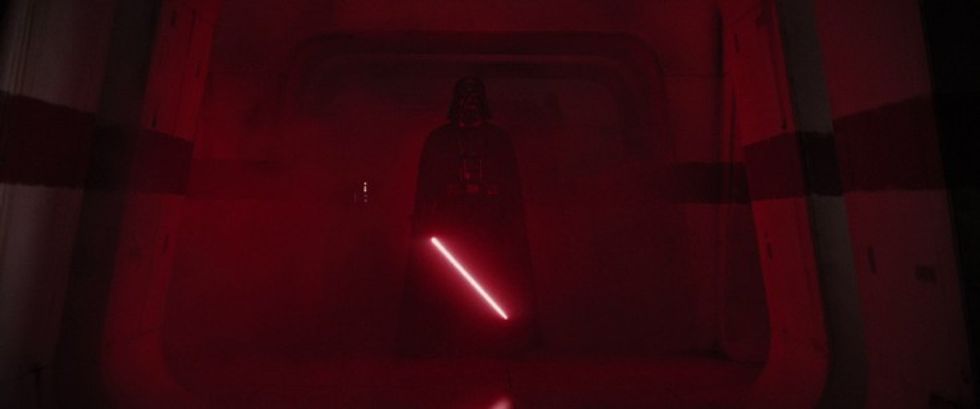
The Era of Franchise Sequels
Today, streaming has made it even easier for audiences to revisit franchise films. We have all had binging days where we sat down to watch as many movies in a franchise before we felt fatigued. Yet, we still watch old and new films that are a part of massive franchises like the Marvel Cinematic Universe and theFast and Furiousseries.
Franchise sequels and spin-offs are a major part of Hollywood’s business model. In 2022, the top 10 highest-grossing films were all sequels (according to Box Office Mojo). All but two of the films were legacy brands that have existed for decades and are deeply embedded into popular culture.
Audiences' behaviors have told studios that they are willing to pay for recognition.
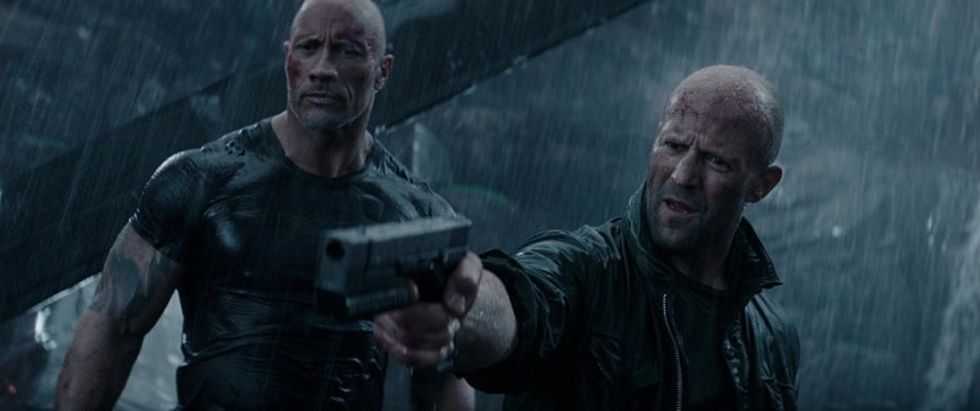
Famously, Johnson has pushed against Netflix’s intentions for the films by fighting to screen the film in more theaters for longer and publicly expressing his dislike for Netflix marketing the film as A Knives Out Mystery rather than a standalone story.
In an interview with The Atlantic, Johnson expressed his dislike for the added subtitle to his second film’s title, saying, “I’ve tried hard to make them self-contained. Honestly, I’m pissed off that we have A Knives Out Mystery in the title. You know? I want it to just be called Glass Onion. I get it, and I want everyone who liked the first movie to know this is next in the series, but also, the whole appeal to me is it’s a new novel off the shelf every time. But there’s a gravity of a thousand suns toward serialized storytelling."
Unfortunately, Netflix believed that the movie would not be seen by as many people if that added line was missing from the title. How would audiences know it was a Knives Out sequel?
This lays out Hollywood’s business model beautifully: Movie studios are not in the business of selling movies. They are in the business of grabbing your attention. They want to springboard off familiarity and have to pump money into the same ideas and same characters for as long as possible.
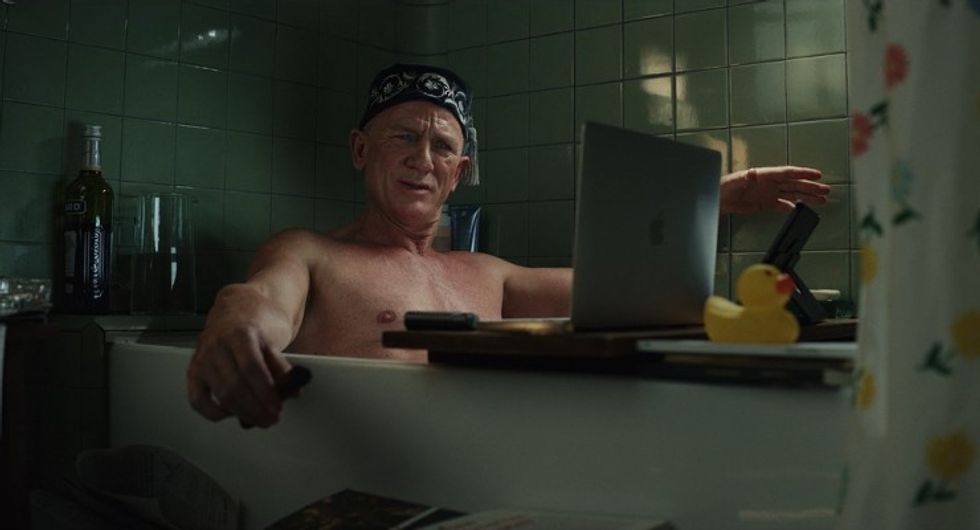
The Future of the Sequel
While the theatrical model is looking bleak as films slowly become episodic sweeping narratives, the future of the sequel seems to reside in TV.
Films are made with the idea of franchise sequels in mind while TV shows are playing with the idea of limited series where a story’s narrative is completed by the end of an eight to twelve-episode season. Sometimes, limited series, like The White Lotusand The Last of Us, are renewed for a second season and build on the universe and themes introduced in the first season.
The film industry today doesn’t seem to bother with films that are not a part of something bigger. TV seems to be welcoming of those ideas that the film industry discards.
True sequels in film are dead, but they are alive and well on TV (odd, right?). We are entering a brave new world where TV shows are reigning supreme for filmmakers. The question is, are we brave enough to jump into the world of prestige television?
Are true sequels dead? Let us know what you think in the comments!
Source: Nerdstalgic











